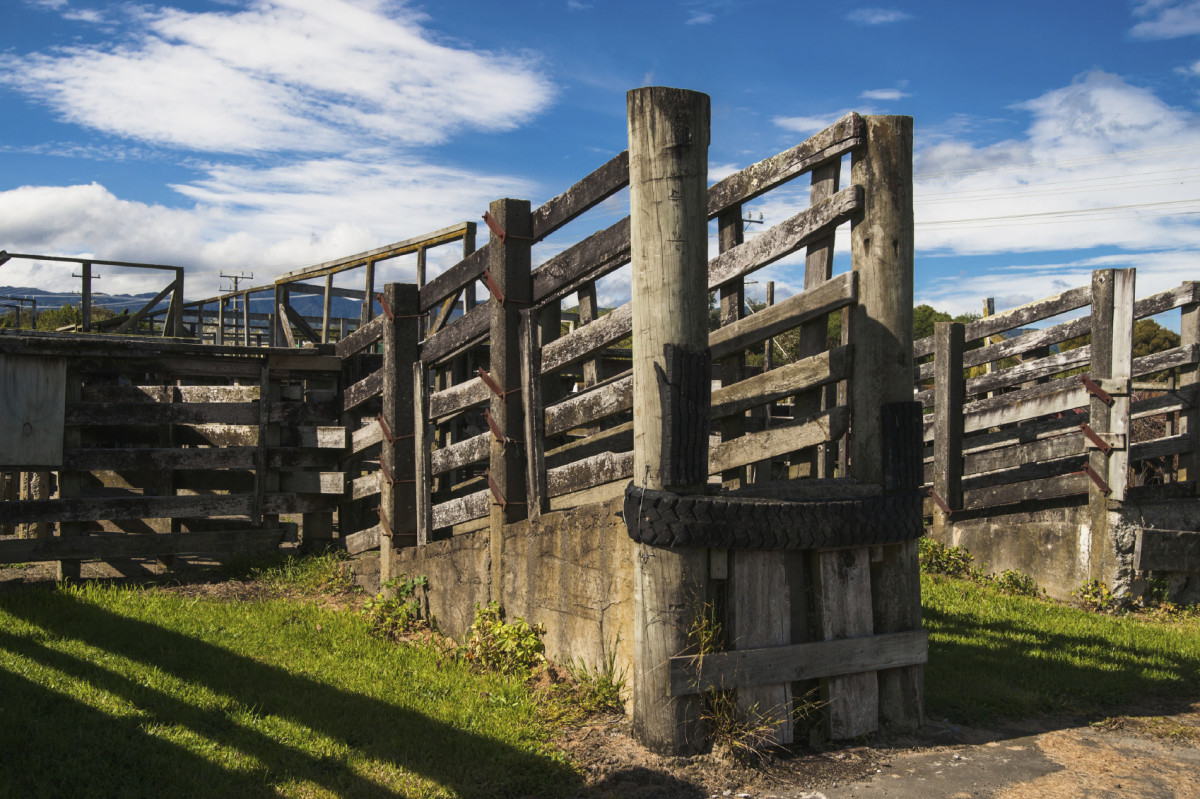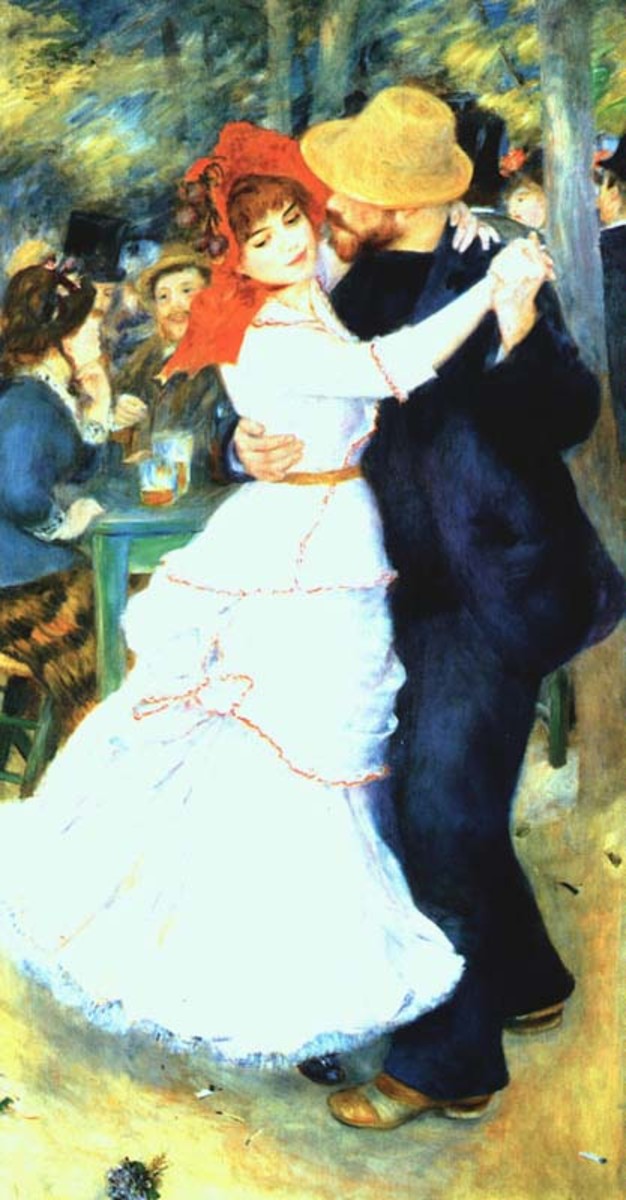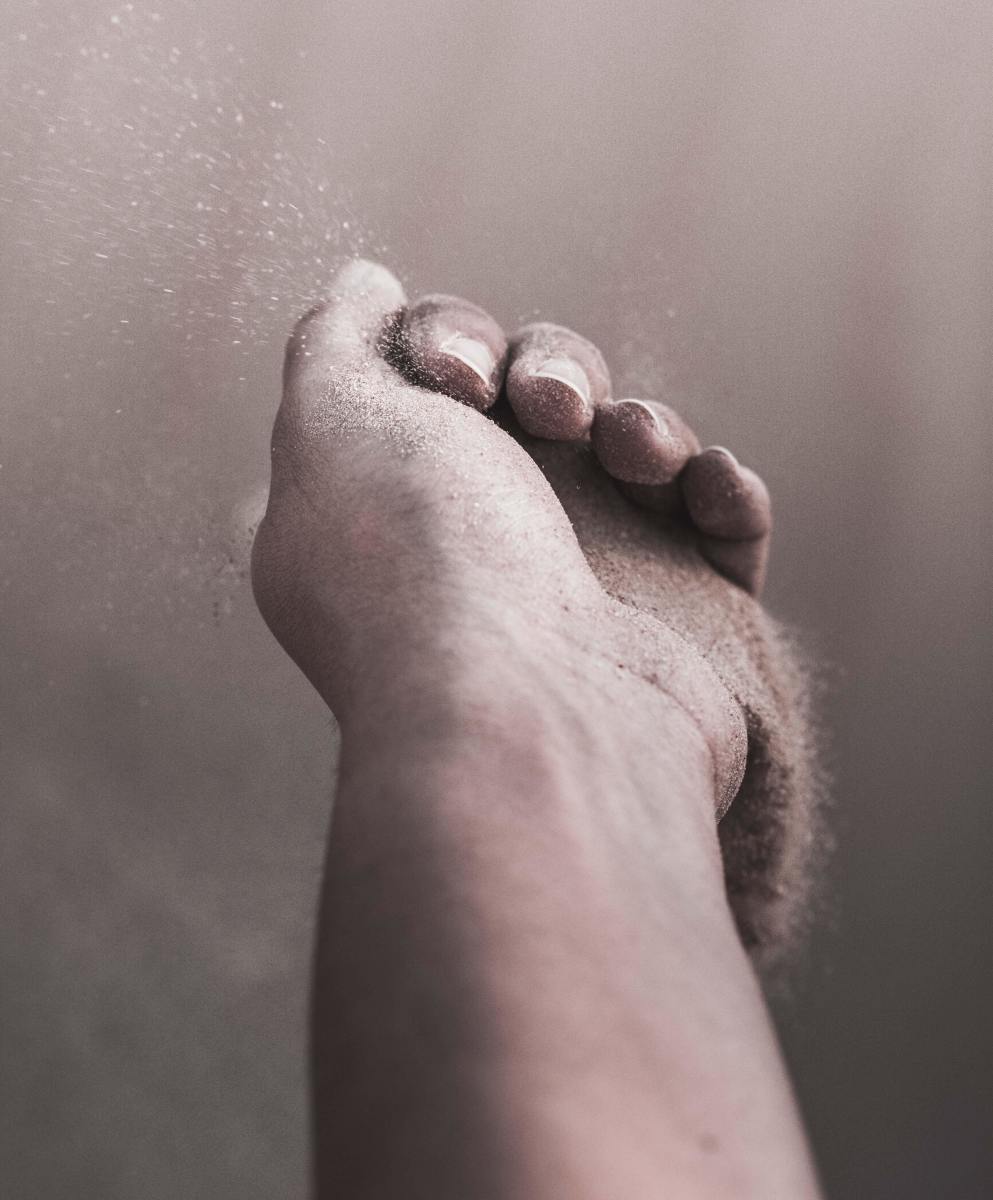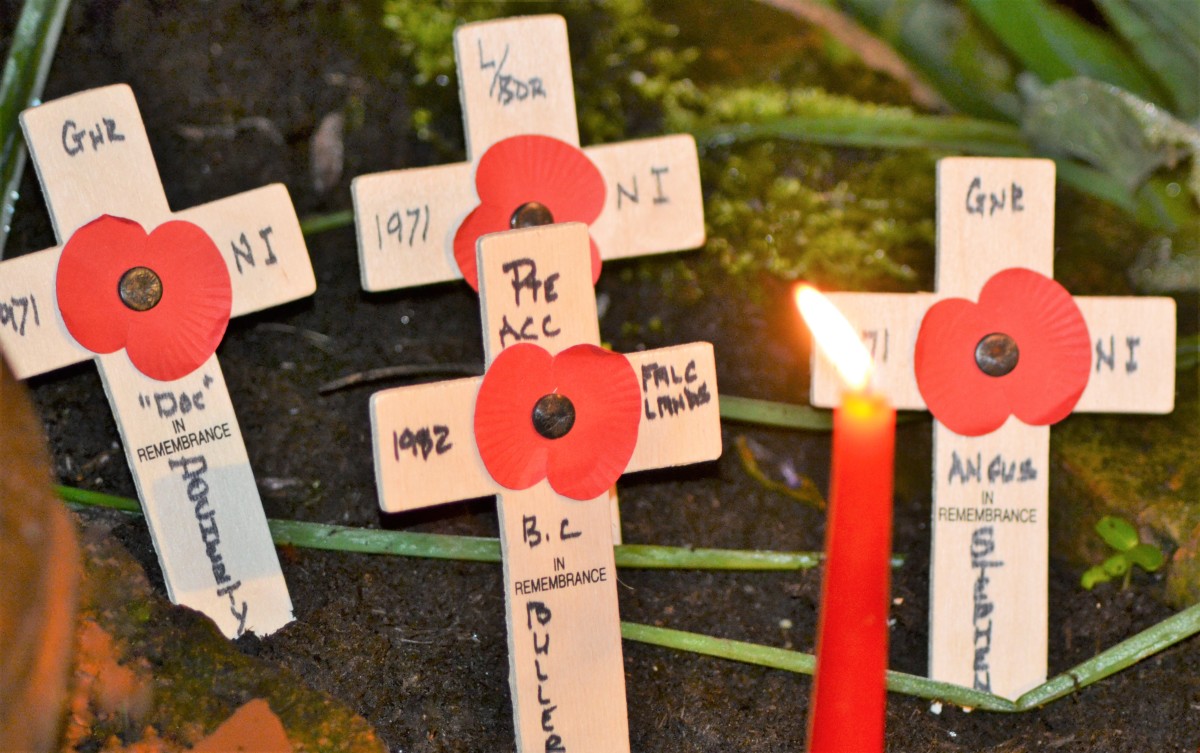Poem about Coming Through Bad Times
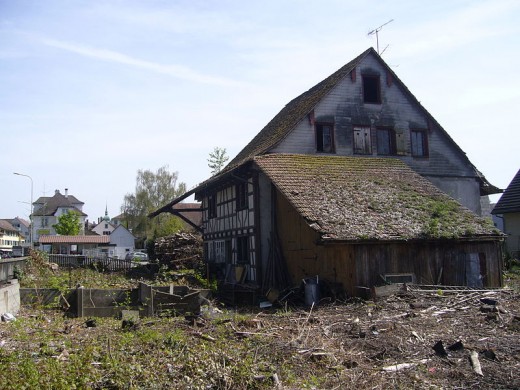
I met you in a dark place,
Derelict walls, crumbling down around me,
Nothing to hold them together.
I wanted to build them up again
But I didn't know how.
The corners held black secrets.
I couldn't go there, didn't want to see,
Couldn't put my hand in the cobwebs
For fear of what I might find there
Or what would come to me.
The windows seemed a long way up.
Black and grimy, it was hard to see out.
I used to think it was better that way -
Easier than breaking out; climbing free,
Easier than looking for the key.
The key had been lost for years,
So long, I had almost given up searching.
After all, you get used to it in the end.
You forget where you were headed to start with,
So you just sit down, and you stay.
I stayed among the chaos, the old stuff,
The junk that no one wanted.
It was strangely comforting.
I began to feel as though it belonged to me,
As though it was meant to be.
I lost sight of who I had been
And I had forgotten where I was going,
Stuck here in this old, crumbling house -
But then you came to find me
And I started to see again.
I started to remember that
I had known where the key was all along,
That I had always had a choice.
I had locked the door myself.
You made me want to open it.
The outside air suddenly hit me.
It was warm on my skin and my soul.
You showed me that dark corners can
Disappear with a bit of light
And that cobwebs can be dusted
And as we went outside together
I realised that the world is far bigger than
This crumbling house of mine.
It is so much more exciting.
I walked forwards, didn't look back.
My old, derelict house fell down,
But I was free; I had already left.
It crumbled into nothing.
All the junk and old stuff disappeared
And I built a brand new world.
About This Poem
As its title suggests, this poem explores the experience of going through bad times and coming out the other side. The significance of the old, derelict house is metaphorical - it implies a state of mind rather than an actual building. The subject of the poem has become locked in a cycle of negativity, allowing pessimistic thought patterns to take hold. They are 'locked into' the house, but it is of their own doing. What's more, the 'house' is crumbling down around the subject because a healthy control on life has been lost. This becomes so ingrained it becomes 'normal' and 'strangely comforting'. The fear of breaking through the pessimism and facing one's own demons has become greater than maintaining this lonely and negative existence. In this case, it takes someone else to bring brightness to the subject's life, giving them the willingness to move forward at last.

